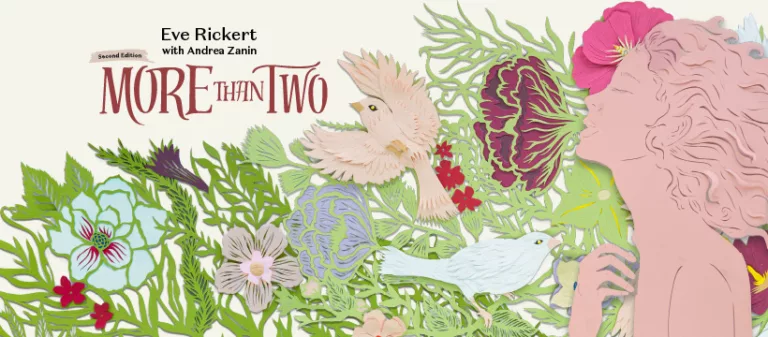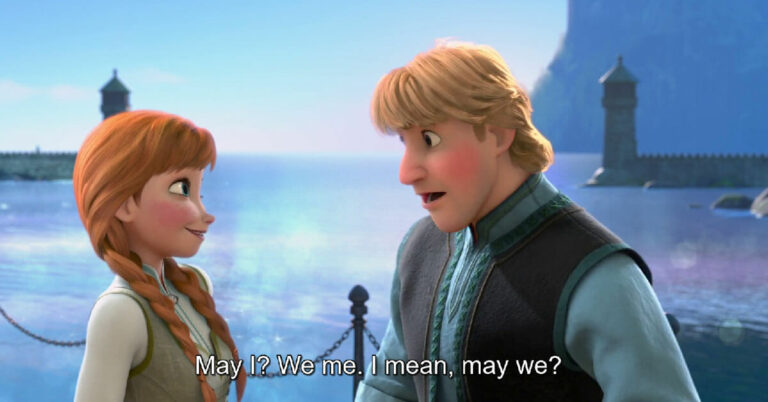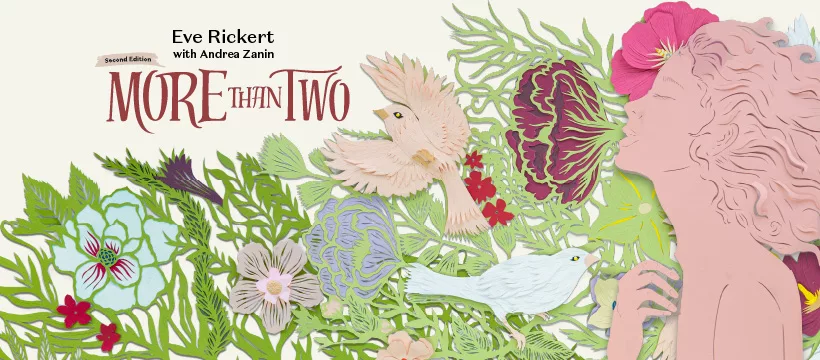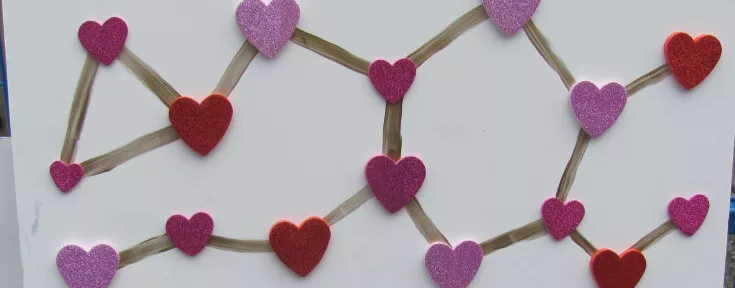
More Than Two (Eve’s Version) — all about the new edition
The More Than Two (second edition): Cultivating Nonmonogamous Relationships with Kindness and Integrity, by Eve Rickert with Andrea Zanin, will be out on the tenth anniversary of the first edition: September 2, 2024.







